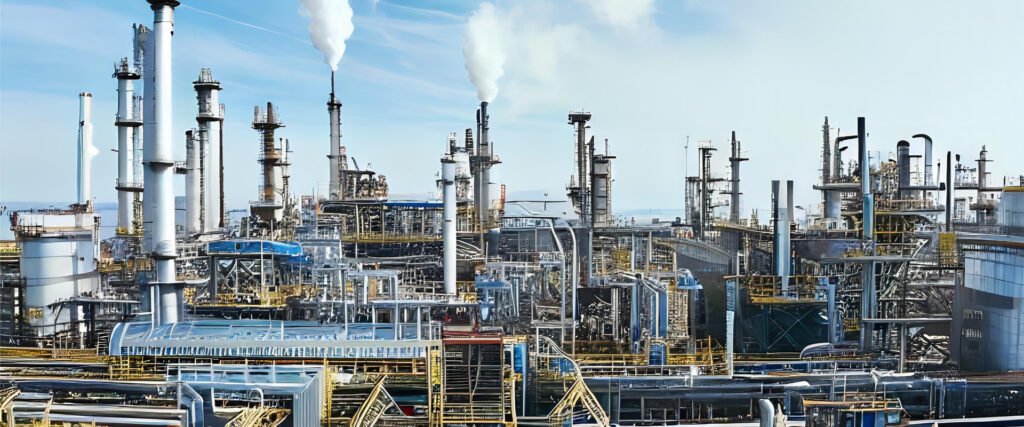Your cart is currently empty!
TEL:08615998857658

Grease additive package
Grease additive packages are combinations of various chemicals and compounds specifically formulated to enhance the performance and properties of lubricating greases.
Description
| Grease additive packages are combinations of various chemicals and compounds specifically formulated to enhance the performance and properties of lubricating greases. These packages typically include additives such as:
Anti-wear agents: Reduce friction and prevent wear of metal surfaces. |
Grease additive packages, similar to those used in engine oils, are essential components in modern greases, significantly enhancing their performance and protection capabilities. Here’s a breakdown of their functions, types, and considerations to help you understand them better:
Functions:
- Thickening: Formulated with thickeners (soaps or gels) to give grease its semi-solid structure, enabling it to stay in place and adhere to moving parts.
- Extreme pressure (EP) protection: Protects components under high pressure and prevents metal-to-metal contact, reducing wear and scuffing, especially crucial in heavily loaded applications.
- Anti-wear protection: Creates a protective film on metal surfaces, minimizing friction and wear on critical components, even under harsh operating conditions.
- Anti-oxidant protection: Protects the grease from breakdown due to high temperatures and oxidation, maintaining its consistency and performance over extended use.
- Corrosion inhibition: Protects metal surfaces from corrosion caused by moisture, acids, and contaminants formed during operation.
- Water resistance: Helps repel water, preventing washout and ensuring lubrication in wet environments.
- Other functionalities: Specific additives can offer benefits like improved oxidation stability, high-temperature performance, and biodegradability depending on the application.
Types of Grease Additive Packages:
- Lithium complex: Popular choice offering good water resistance, high-temperature performance, and shear stability (maintained consistency under stress).
- Calcium sulfonate: Known for good water resistance and extreme pressure protection, commonly used in industrial greases.
- Clay: Offers thickening properties and high-temperature performance, often used in food-grade greases.
- Polyurea: Provides excellent water resistance, high-temperature performance, and shear stability, often used in heavy-duty applications.
- Aluminum complex: Offers good water resistance, high-temperature performance, and oxidation stability, suitable for various applications.
Choosing the Right Grease Additive Package:
- Application and requirements: Consider the specific application (e.g., automotive, industrial, food-grade) and operating conditions (e.g., temperature, load, moisture) to choose the appropriate package.
- NLGI consistency grade: The National Lubricating Grease Institute (NLGI) consistency grade indicates the greases’ firmness, with higher grades being thicker and more suitable for high-pressure applications.
- Base oil type: Different base oils (mineral, synthetic, or semi-synthetic) require specific additive packages for compatibility and optimal performance.
- Environmental regulations: Some regions have restrictions on specific additives due to environmental concerns.
- Cost-effectiveness: Balance the cost of the grease with its performance benefits and suitability for your needs.
Consulting an expert:
Consulting a qualified lubrication specialist or tribologist is highly recommended for selecting the optimal grease with the appropriate additive package for your specific application. They can consider your specific needs, operating environment, and equipment requirements to ensure optimal protection and performance.
Additional Considerations:
- Emerging technologies: New additive chemistries and nanomaterials are being explored for potential performance and environmental benefits.
- Sustainability: Biodegradable and environmentally friendly additives are becoming increasingly important.
- Regular maintenance: Proper lubrication practices, including regreasing at recommended intervals using the correct grease, are crucial for maximizing the effectiveness of the additive package and protecting your machinery.
By understanding the role of grease additive packages and consulting an expert, you can choose the right grease for your specific needs, ensuring optimal performance, protection, and extended equipment life.







Reviews
There are no reviews yet.